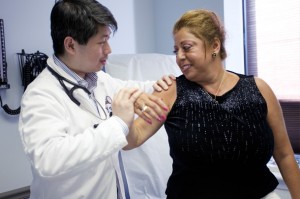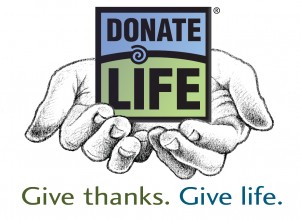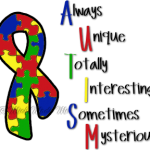So whats it like living with Myotonic Dystrophy? It’s a highly variable and complex disease so each person’s journey is different. There are some commonalities. A study was done a ways back to see how couples coped with the disease. This study can be helpful for families with the disease, and extended families to help them see the disease and to provide more support. A common theme is that the couple seems to have to find their own way, that there is not one entity that can point them in the right direction. Even family and friends need help and direction in understanding the disease. This article is easier to read than most medical articles.
Click here for Study/Article Living with Myotonic Dystrophy
This study was done in the Netherlands which has produced a lot of good information on Myotonic Dystrophy. This article can be shared with family members.




